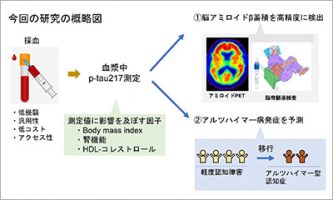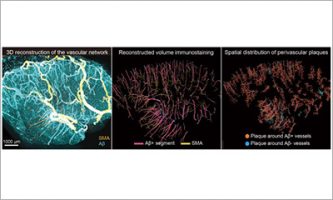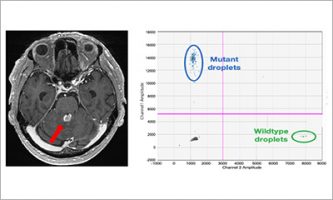Novel Gene Required for the Maintenance of Muscle Fiber Structure Discovered: Dystonin-b Gene Mutation results in Late-onset Myopathy and Cardiomyopathy
Sep 14 2022
A research group of Professor TAKEBAYASHI Hirohide, Assistant Professor YOSHIOKA Nozomu (Niigata University), and Professor KUROSE Masayuki (Iwate Medical University) generated muscle-specific Dystonin-b gene mutant mice and revealed the onset of late-onset myopathy and cardiomyopathy. The Dystonin gene product has three main isoforms (Dystonin-a, -b, and -e). The functions of neuronal Dystonin-a and cutaneous Dystonin-e have been well-investigated so far. However, the function of muscle-type Dystonin-b remained unclear. This achievement will elucidate a new molecular mechanism for maintaining muscle homeostasis and the discovery of new hereditary myopathy and cardiomyopathy caused by human DYSTONIN-b gene mutations.
This research was published in eLife, the open access scientific journal, on August 9, 2022. This research was conducted as collaboration with Professor SHIBATA Shinsuke, Professor OKUDA Shujiro (Niigata University), Dr. NISHINO Ichizo (National Center of Neurology and Psychiatry), Professor HORIE Masao (Niigata College of Nursing), and the Electron Microscope Laboratory in the Keio University.
Research Results
- Dystonin-b mutant mice were generated by genome editing method.
- Dystonin-b mutant mice exhibited late-onset myopathy and cardiomyopathy.
- Protein aggregates were found in the muscle fibers of Dystonin-b mutant mice.
Publication Details
Journal: eLife
Title: Isoform-specific mutation in Dystonin-b gene causes late-onset protein aggregate myopathy and cardiomyopathy
Authors: Nozomu Yoshioka, Masayuki Kurose, Masato Yano, Dang Minh Tran, Shujiro Okuda, Yukiko Mori-Ochiai, Masao Horie, Toshihiro Nagai, Ichizo Nishino, Shinsuke Shibata, Hirohide Takebayashi
DOI: 10.7554/eLife.78419
More News
-
 Feb 13 2026 Research results
Feb 13 2026 Research resultsEvaluation of plasma p-tau217 biomarkers in detecting amyloid pathology and predicting cognitive outcomes: Observations from Japanese Alzheimer's disease neuroimaging initiative cohort
-
 Feb 12 2026 Research results
Feb 12 2026 Research resultsFrom surface to depth: 3D imaging traces vascular amyloid spread in the human brain
-
 Jan 28 2026 Research results
Jan 28 2026 Research resultsTreatment initiation is possible with a positive liquid biopsy in primary central nervous lymphoma patients with difficult-to-access lesions
